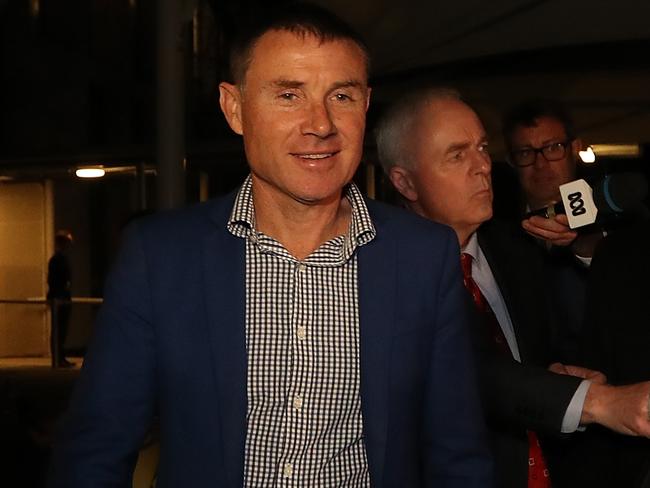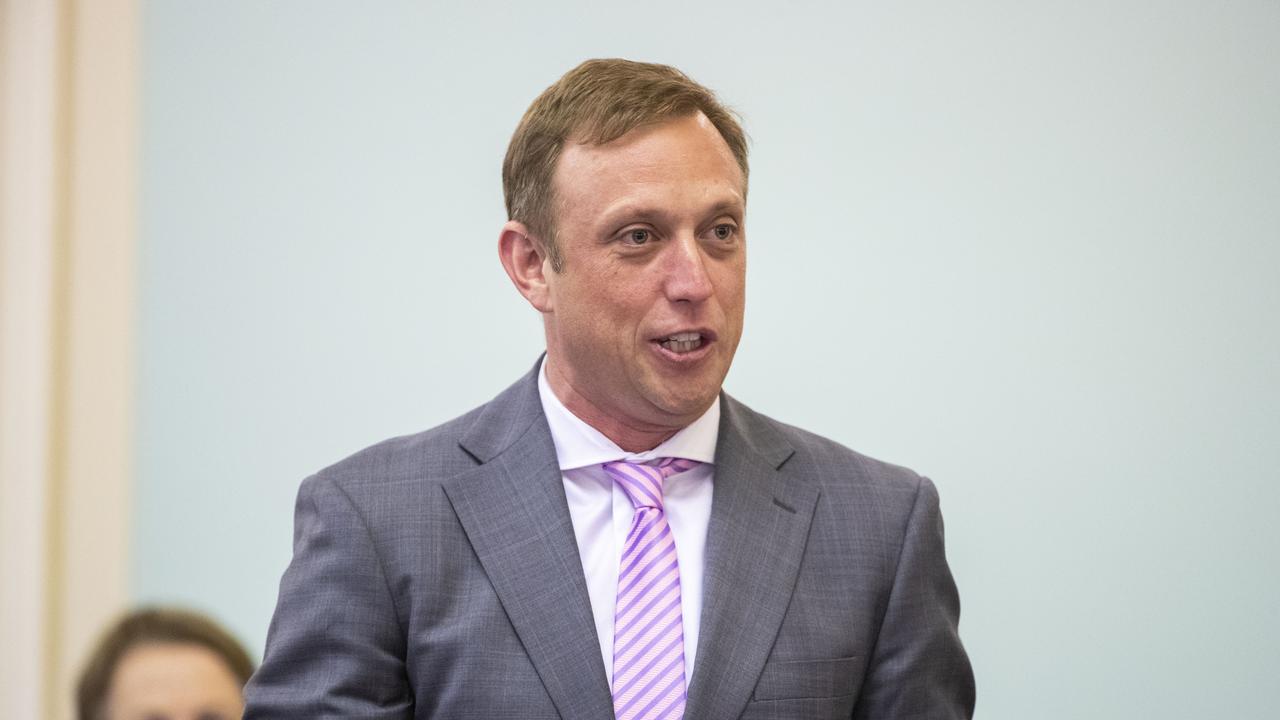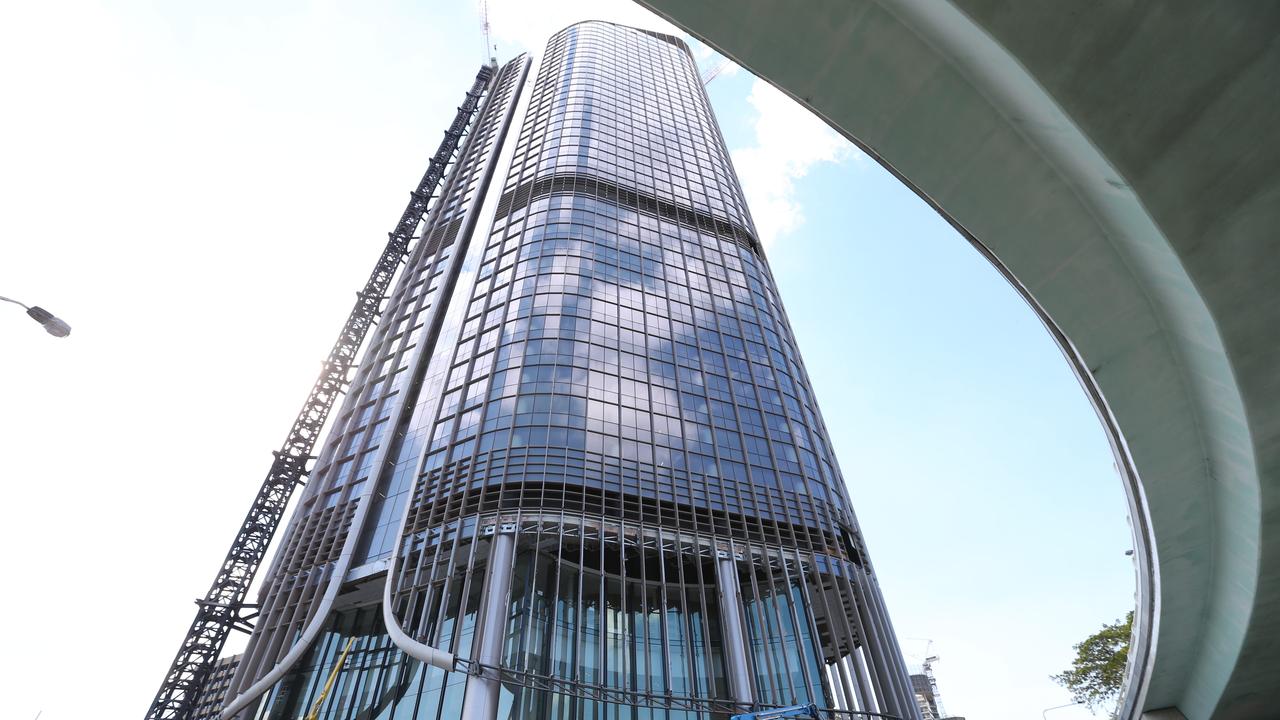MP calls for pill testing in suburbs
A CONTROVERSIAL Brisbane federal MP is raising eyebrows again, this time with his radical plan to combat party drug deaths.
QLD Politics
Don't miss out on the headlines from QLD Politics. Followed categories will be added to My News.
CONTROVERSIAL Liberal National MP Andrew Laming has called for pill testing labs to be set up in inner-city suburbs, as an alternative to controversial testing tents at music festivals.
In a novel approach, Dr Laming said drug-testing facilities – like needle exchanges or safe injecting rooms – could be used to allow users to have illicit drugs tested for purity.
But he called for more detailed laboratory tests that would require days before results were available, and would not involve potentially intoxicated partygoers getting illicit drugs assessed on the spot.
“We must say that drug testing can occur somewhere safely for people over the age of 18 that are not drug affected or intoxicated, that can be given professional advice well away from the place where they are buying the drugs,” he told parliament’s federation chamber.
Dr Laming told The Courier-Mail labs could be set up in inner-city suburbs, but he was not suggesting state governments should fund them.
The controversial call comes as NSW Premier Gladys Berejiklian ruled out pill testing after two people died from suspected overdoses at a dance party in Sydney last weekend.
Dr Laming said he opposed drug testing facilities used at festivals because the testing was not adequate and people could form a mistaken belief that the drugs they were taking were safe.
He also warned drug testing facilities could cause fights to break out if they were held in the same venue where illicit substances were sold because people who were told their pills were “dirty” could seek out their dealer to complain.
“What is not acceptable is surrendering to the concept that a music festival is a place where you openly take, sell, distribute and encourage drug taking,” Dr Laming said.
“The whole point is if you purchase drugs and you are told they are not clean they first thing you are going to do is seek out the person who sold them and you will have assaults and even mistaken identity at music festivals.”

Dr Laming said the tests available for quick assessment of drugs at festivals only scanned the surface of a pill and could not accurately detect all contaminants.
His call was backed by Brisbane-based forensic toxicologist Andrew Leibie who said a more logical approach would be allowing drug users to submit samples to a lab for detailed analysis.
Mr Leibie said a similar system operated in the Netherlands, where drug users could have samples tested anonymously with results provided online.
Australian Medical Association president Tony Bartone said he backed drug testing at music festivals as a harm minimisation practice and said other alternative testing should be explored.
“Anything which improves safety and provides an opportunity for rehabilitation is a good thing,” he said.


